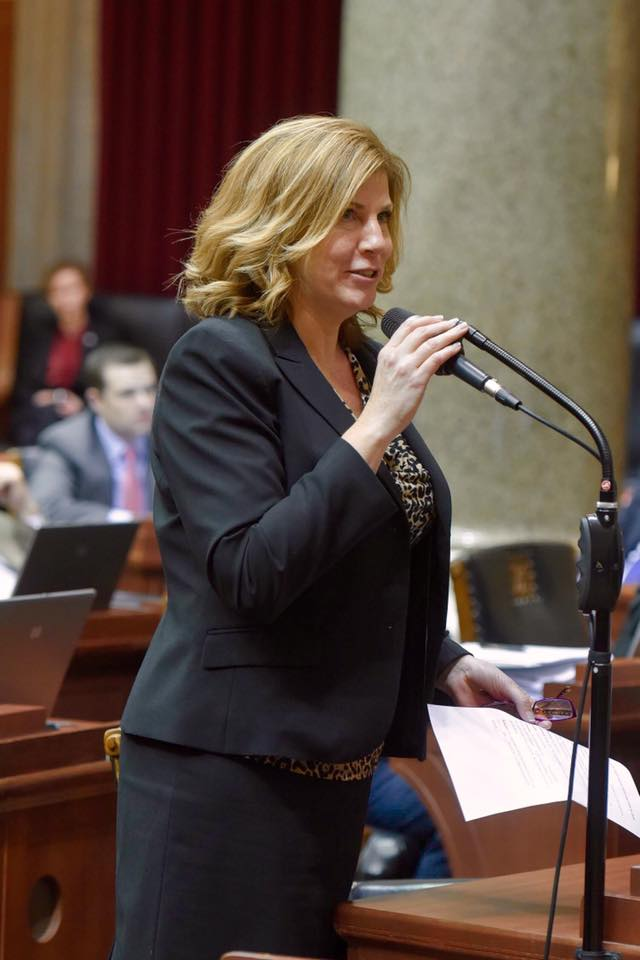JEFFERSON CITY, Mo. — The House General Laws Committee heard testimony on two bills that would strengthen Missouri’s Sunshine Law and enhances governmental transparency.
HB 2523, sponsored by Rep. David Gregory, and HB 2524, sponsored by Rep. Jean Evans, are identical bills that would increase penalties for violating the state’s Sunshine Law and retention law, create the Transparency Division within the Attorney General’s Office, and that office subpoena power in Sunshine Law investigations.
“We are looking to heighten and strengthen the enforceability of sunshine law,” said Gregory. “Right now if an Attorney General wants to do an investigation, they are at the complete cooperation and discretion of the agency. That’s wrong in my opinion. We need to give the Attorney General the authority and power they need to investigate if they see wrongdoing. This is how we protect our people from our own government.”
The civil penalty for knowingly violating Missouri’s retention and open records laws would be increased to a maximum of $10,000, under the legislation. Any person knowingly violating the laws would be committing a class B misdemeanor.
The Transparency Division within the AGO would have the ability serve a civil investigative demand, a subpoena, on any person whom may have information or evidence relevant to a suspected open records law or retention law violation. The division could also provide opinions to local governments and agencies on Sunshine Law requests and compliance.
“This legislation will better empower my Office to enforce the Sunshine Law and strengthen the penalties for violations,” said AG Josh Hawley in a statement. “Transparency in our government is a vital part of our democracy—and my Office must have the necessary tools to ensure that those who attempt to thwart records-retention and Sunshine policies can be thoroughly investigated.”
The representative from the AGO testified that creating the office of transparency will not result in a cost to the state because they plan on using existing resources. Daniel Hartman said he is “confident our existing resources can handle additional labor.” There are already those within the department that handle open-records and retention inquiries.
Under the legislation, those in the Transparency Division would not represent state agencies thus avoiding a potential conflict of interest.
Those testifying on the legislation insisted that the use of the Confide app by the governor and his staff did not inspire the bills.
“The timing is sort of coincidental,” said Evans, “but it probably drew more interest to the bill.”
She said she has spoken with the governor’s liaison and was told he supports the bills strengthening the Sunshine Law.
“We believe you can’t have a government by the people, for the people without transparency,” said Jonathan Grove, President of the Missouri Sunshine Coalition.

Alisha Shurr was a reporter for The Missouri Times and The Missouri Times Magazine. She joined The Missouri Times in January 2018 after working as a copy editor for her hometown newspaper in Southern Oregon. Alisha is a graduate of Kansas State University.








